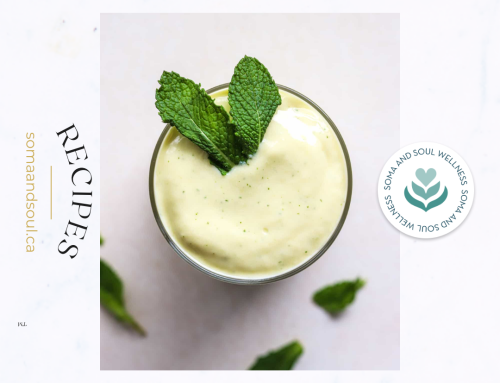Are Feeding Your Allergies?
Understand what 5 foods are making your allergies worse
As the ground starts to thaw after the long winter, we can finally smile that Spring is here. However, for some of us, spring’s arrival can bring along its own torment of watery eyes, congestion, runny noses and itchy ears and throats and ears in the form of allergies.
Although these symptoms are similar to the common cold they are enough to make you feel completely wiped out. Allergy season can last anywhere from a few weeks to months as “allergy season” stretches from March to September depending on the severity and sensitivities of your allergies.
You cannot do anything to stop the pollen from being in the air but unknowingly you might be worsening your symptoms through the food you are eating daily. Foods that encourage the release of histamine or that are high in histamine can trigger and worsen your allergies.
So what are histamines?
They are chemicals that are released by your immune system to get rid of an allergen – something that your body has perceived as a threat. When histamines are released in the body, they trigger a chain of chemical events that result in an inflammatory reaction leading to the symptoms of the runny nose, sneezing or cough.
Here are some foods that you should consider avoiding for the weeks leading up to and during the time when your allergies symptoms hit you the most.
5 Foods that are making your allergies worse:
- Alcohol – Due to the fermentation needed to make the alcohol, high levels of histamines are created. Alcohol also releases histamine and inhibits the breakdown of histamine in the body resulting in worse allergy symptoms.
- Citrus fruits. – While a great source of vitamin C, citrus fruits are histamine liberators which can cause the body to release histamine.
- Mushrooms – Other proteins in mushrooms cause histamine to be broken down slower which can prolong the length of an allergic flareup.
- Tomatoes – contain high levels of histamine that can intensify allergic reactions.
- Aged cheese – During the aging process, the cheese accumulates more histamine which can trigger symptoms.
Remember, when it comes to nutrition, foods affect each person differently. There is no catch-all. It is important to figure out what works best for you. It can take time to figure this out what foods work best for your body but once you have clarity it unlocks the opportunity to lead your best life.
If you need support and are unsure how to begin, I am happy to help share expert allergy nutritional advice.
All the best in health,
Sean Hew Wing, CNPA




